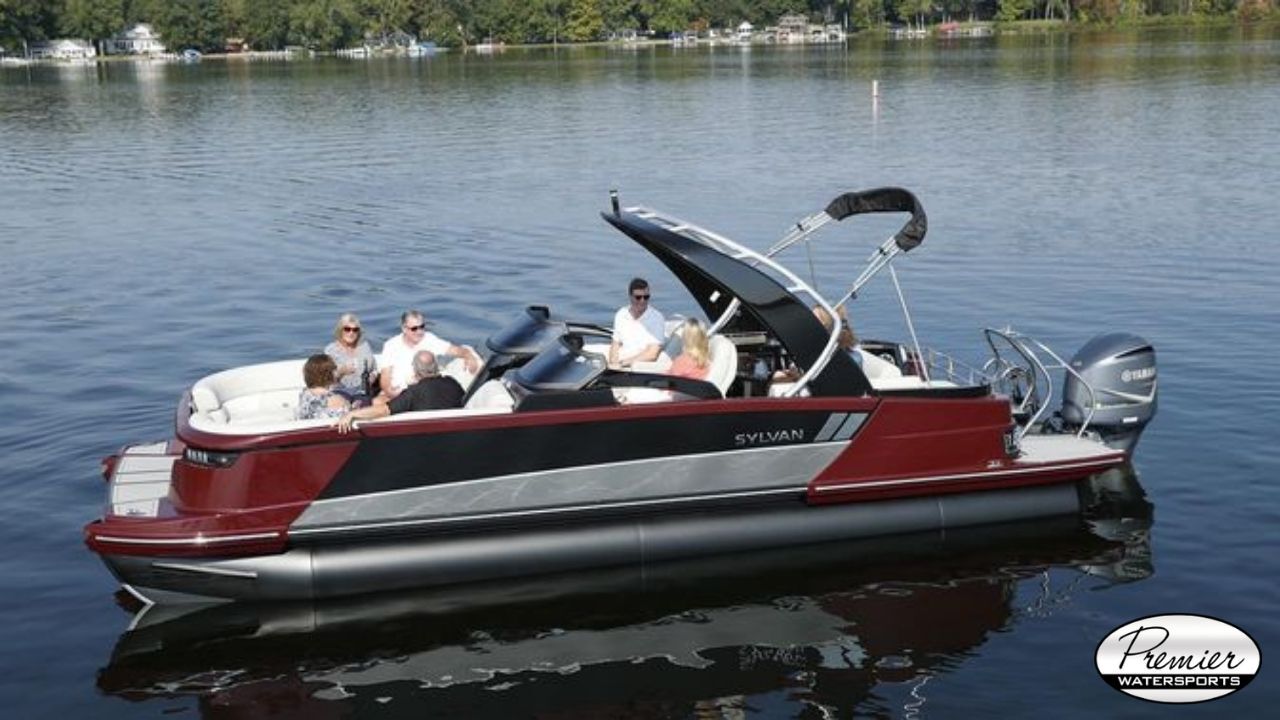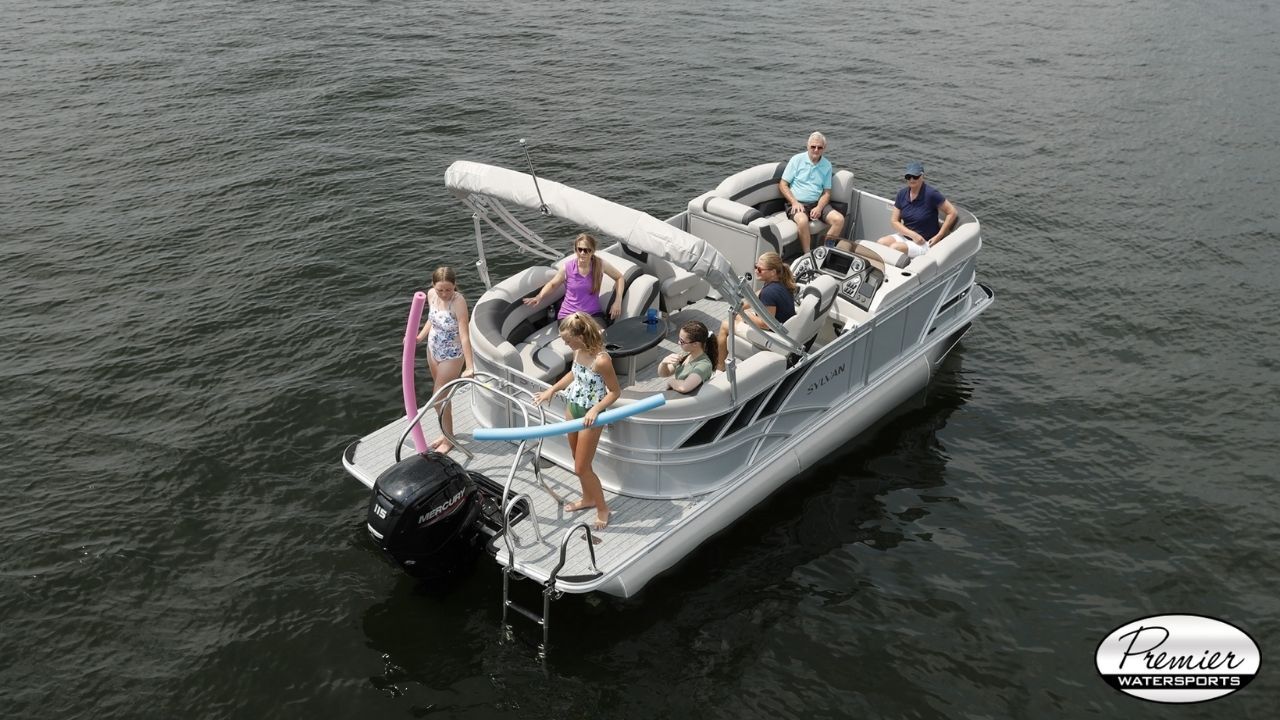Introduction:
Whether you are buying a new boat or simply getting a new engine, the one question that we all ask ourselves is: “How much horsepower do I need?” Although this question may seem straightforward to answer, you will soon find that it is not as simple as it sounds. First off there are several factors to take into consideration before deciding on an engine size including the types of boats for sale that are available in smaller sizes. And the fact that once you have an engine installed, it is hard to downsize. Therefore you want to make sure that you get the right size engine the first time rather than regretting your choice once the boat is already in the water.
In this article we will talk about the various factors that go into deciding how much horsepower you really need, how to calculate it for your boat, and what other considerations are important when choosing the right Yamaha outboards.
Before we dive deep let us understand in detail what exactly is Horsepower?
Horsepower:
Horsepower is a unit of measurement that defines how much power or energy an engine can produce over time. Thereby making it an important feature when deciding about the boat engine you are going to buy for your vessel.
It is typically measured using a dynamometer which can be found in most major engine manufacturing plants. While this unit of measurement has been around since the early 1700s, it was not till 1938 that the Society of Automotive Engineers came up with a standard definition for what exactly one horsepower means. These days this universal measure is defined as 33,000 ft-lbs of work in one minute which comes down to 550 foot-pounds per second.
Calculating Horsepower for Your Boat:

When it comes to determining what size Yamaha outboards you need for your boat, the first thing to do is figure out how much horsepower you are going to need. And to calculate follow the simple steps given below:
Step 1 – Determine the Maximum Shaft RPM (Revolutions Per Minute) of Your Boat Motor:
The first step in determining your boat’s horsepower is to find out what the maximum shaft speed of the engine will be. This value can be found by looking on the motor or on any documentation that came with it when you purchased it. The value that you are looking for is the maximum revolutions per minute (RPM) that your shaft can support.
This will tell you how fast your propeller can turn when the engine is at full speed.
Step 2 – Determine the Maximum HP Required for Your Boat:
Once you have found your maximum rpm, multiply it by 0.746 and this will give you the boat’s horsepower rating or BHP (brake horsepower). The reason for taking 70% of the maximum shaft speed and multiplying it by .746 is because you take 70% of the torque to account for propeller slip.
This will give you the maximum theoretical horsepower required at your propeller shaft to reach this speed in ideal conditions without any load on the engine or resistance from waves. As a general rule, it is best to have an engine that can provide up to 25% more power than what is required .
For instance suppose your boat is capable of cruising at 30 MPH. Therefore you would take 30/6 = 5.0 theoretical HP which comes down to 12.5 actual HP required for this speed. Now let us say that there are some waves along the way and you end up reaching only 27 MPH. So now you require 14.5 HP to reach your maximum boat speed. And if we take into consideration the load on the engine as well at this speed then you might even need up to 17 HP.
Knowing these numbers makes it easy for us to determine what horsepower rating you should be looking for in an outboard motor.
Factors to consider when deciding how much Horsepower I will require for my boat

There are many factors that you need to consider when figuring out how big of an engine you should purchase for your boat, so let us discuss some of them .
Manufacturers Limit:
Each and every outboard motor that is manufactured has a power range that it can support based on the maximum RPM of its engine. Manufacturers are always trying to maximize their motors’ power output while using as little material as possible. So they list what horsepower rating you should use for your boat based on the length of your boat, weight, bow height and all sorts of other factors.
Unfortunately these numbers are not always accurate, so it is up to you to decide whether or not this horsepower rating will work with your boat or not. If you have any doubts then we suggest that you have a look at the owner’s manual for your outboard motor. This should provide some additional specifications beyond what the manufacturer says. And if still in doubt consult with trusted Yamaha outboards dealers to determine the correct horsepower.
Boat Use:

The use of a boat is a crucial aspect to help you figure out the horsepower needed for your boat. The heavier the load that your boat is carrying, the more horsepower you will need because of the extra resistance. So if you are going on a fishing trip and want to bring everything with you, expect to need at least an additional 10% more horsepower then what you would originally expect to need for a similar weight boat.
Maximum Load:
It is significant to remember that while your boat is moving you will almost always be out of the water (which reduces its drag). But when your engine starts to idle in order to anchor or dock, this weight comes down very hard on the propeller shaft which is very inefficient. So please make sure that this maximum load does not exceed more than 150% of your boat’s total weight.
People on Board:

The more people you have on your boat, the more horsepower you will need. The maximum number of passengers that your engine can support is determined by the maximum weight capacity of your outboard motor. This weight includes all equipment used during fishing trips, coolers, bags etc.
Fuel Efficiency:
Fuel efficiency is requisite to any engine for two reasons, the first one being that you don’t want to spend too much money on gas which can be an expensive proposition these days. Second reason is that you want to make sure that it doesn’t consume more fuel than what it was designed for .
Another thing that affects your engines fuel efficiency is idling which will reduce it by up to 70% while it’s in use. So always make sure that you turn your engine off if you are not planning on moving.
Weight Ratio:
The weight ratio of your boat is another vital factor to consider when looking for an outboard motor. If you have a heavy boat with a one horsepower engine then the maximum speed would be limited to only 1 mile per hour which is not much fun, so if possible try to lower the weight without compromising on any other factors such as storage or passenger capacity.
Conclusion:
Finding a boat with the ideal balance between motorized power and luxury can be a difficult task, but knowing how much you need may help to narrow the margin. In order to determine the amount of horsepower needed for your recreational boat, there are several factors that should be considered including water type, weather conditions, and engine options.
So before you zero on the boat model be certain about which features are most important to you. And if you are still wondering how much horsepower you need then we are here to help.
Premier Watersports, the most trusted boat dealers, offers a wide variety of boat brands and outboards for repowering your boat. Visit us today to buy your ideal watercraft that will suit your style and your family needs.

